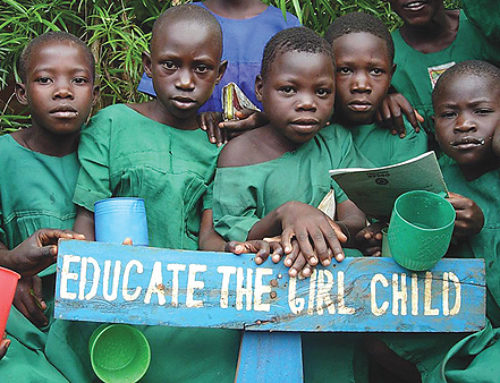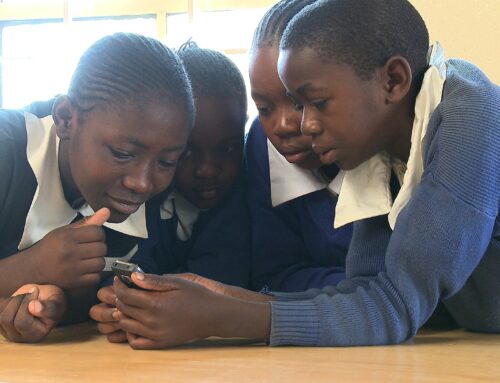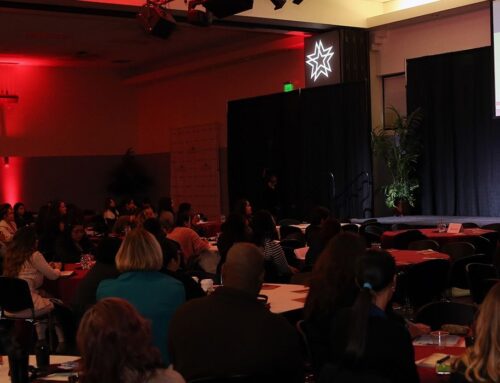Menstrual hygiene is an important issue that affects healthy adolescent girls and pre-menopausal adult women monthly. Around the world women have developed their own personal strategies to cope with menstruation, which vary from country to country and depend on economic status, the individual’s personal preferences, local traditions and cultural beliefs and educational status. Some girls in developing countries suffer infection during times of their menstrual flow. Girls in rural areas bear the brunt of infection as a result of limited or no access to sanitary pads. Without proper sanitary pads, girls use rags, grass, stuffed mattresses to manage their menstruation. Lack of proper sanitary pads amount to loss of school days. A large number of girls, many of whom are from penurious rural families, opt to stay at home during their monthly periods as they cannot afford the regular sanitary pads which are very expensive or do not have access to a convenient store in their small communities that carry these sanitary pads. With these girls missing school 4 or 5 days a month, they eventually stop attending completely. So African Girls is looking for innovative ways and low cost solutions to this often overlooked problems.
The case of Good Health
Although these girls and women find other ways to improvise sanitary pads, some of the items they use often lead to infections as they are not often properly cleaned before use and reuse, or some of these items may carry bacteria. In communities where FGM is practiced, the vaginal orifice may be inadequate for menstrual flow which can lead to a blockage creating blood clots thus leading to very painful periods, increased odor and more infections. Using unclean rags can support the growth of unwanted bacteria thus leading to infections.
The Case for Education
Millions of girls worldwide skip school during menstruation or stop going to school as a result of a lack of sanitary pad. The truth is girls who complete secondary and high school are less likely to become pregnant at a younger age or contract sexually transmittable diseases such as HIV, are more likely to earn high wages and educate their own children. Research has shown that the onset of puberty leads to changes in school participation among girls. The participation of girls in particular in Africa lags far behind the participation of boys in primary and secondary schools in spite of the achievement of MDG2. Studies in Uganda and Ghana have shown that absenteeism decreases significantly when girls have access to sanitary pads and underwear.
What can we do? How can we provide affordable menstrual products to young girls in rural Africa? We are looking for entrepreneurial ideas to support, menstrual product or solution that is more affordable, recyclable, and free of infections.






